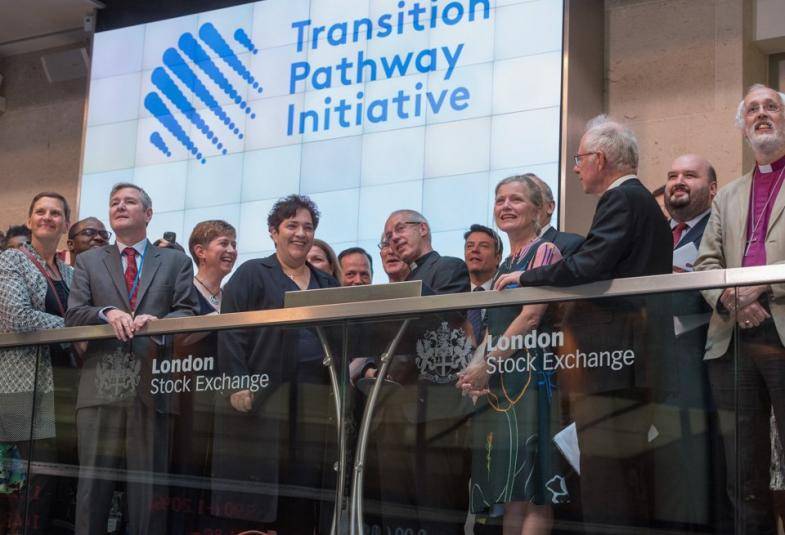08/07/2018

This afternoon General Synod will debate a motion on the National Investing Bodies’ climate change policy. Here, the Bishop of Manchester David Walker, Deputy Chair of the Church Commissioners, explains why it’s crucial that investors remain engaged with companies on this issue.
Runaway climate change will be so damaging to creation and to the world’s poorest and most vulnerable that failure to arrest climate change is not an option. We need to see emissions peak without delay and then rapidly decline so that the world achieves net zero emissions in the second half of this century.
This is a huge task. It calls for urgent action by all of us – individuals, institutions, and governments. In the Paris Agreement we now have a globally agreed framework for action, holding the increase in global average temperature to well below 2-degrees above pre-industrial levels, and aiming for 1.5 degrees.
As investors, this has huge implications. But as church investors - the Church Commissioners, the Pensions Board, and CBF Church of England Funds - there is an extra imperative for us to act.
The Climate Change Policy adopted by the National Investing Bodies in 2015 makes it clear that we need to make determined, sustained, long-term use of all the tools at our disposal – disinvestment, investment, and engagement.
- Disinvestment - On the adoption of the policy the NIBs sold £12 million of shares in companies focused on the mining of thermal coal and the production of oil from oil sands – the highest carbon fossil fuels.
- Investment - The NIBs committed to increase their investments in renewable energy and low-carbon infrastructure. The Commissioners have increased their wind farm holdings, and across the NIBs we have almost £500 million invested with Al Gore’s sustainable Generation fund.
- Engagement - We have been at the forefront of investor engagement on this issue, passing shareholder resolutions at ExxonMobil, BP, Shell, Anglo American, Glencore and Rio Tinto. Shell has moved considerably in recent years – selling oil sands and setting up a renewables business among other actions.
We think that having all of these tools available to us gives us the best possible chance of keeping up the pressure on the companies we own to align their businesses to well below 2 degrees of warming. Not only that, but it is already beginning to bear fruit. We are at the forefront of moving companies to transition to a low-carbon world.
During the Synod debate this weekend, the Diocese of Oxford will move an amendment asking us to disinvest from companies not aligning their businesses models with this goal by 2020.
This is not a small tweak to our strategy – this is a major change in approach which would leave us without a voice in this debate.
We have committed to start disinvesting from companies who are not taking climate change seriously by 2020. That remains our intention, and an important part of our approach. However, Oxford’s amendment would, in reality, force us to sell our holdings in most oil and gas companies. We would lose our seat at the table.
It is understandable that people want to see more progress from companies. We do too. But that means we should keep pushing for the change we want to see, not give up and walk away.
We have made good progress so far, but there is much more to do. On behalf of the National Investing Bodies, I will be encouraging members to back our approach, strengthen our hand, and help us to continue to get companies on the path to a two degrees world.
+David